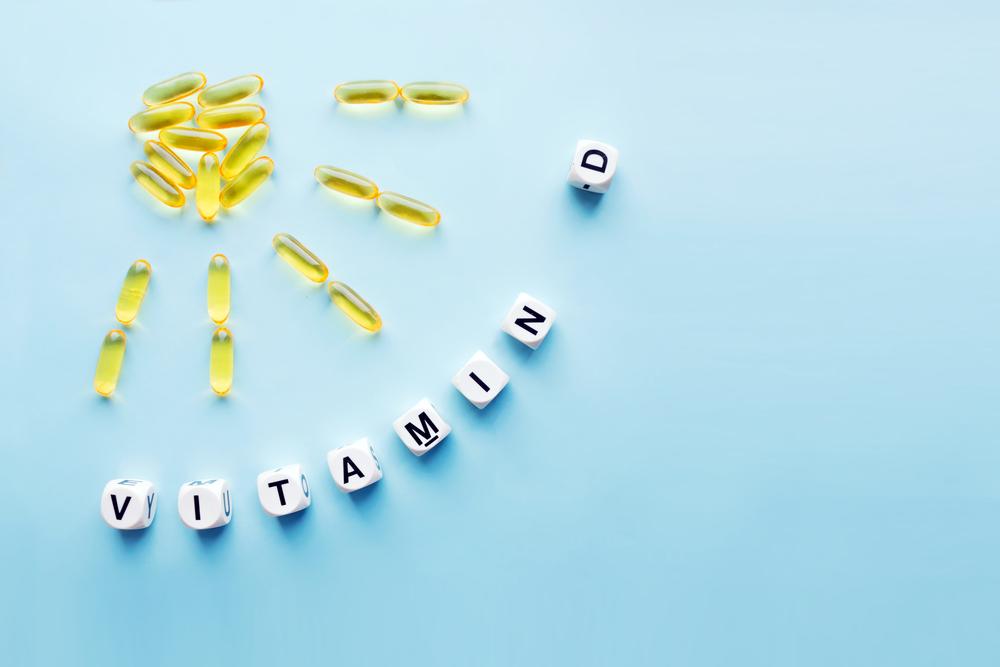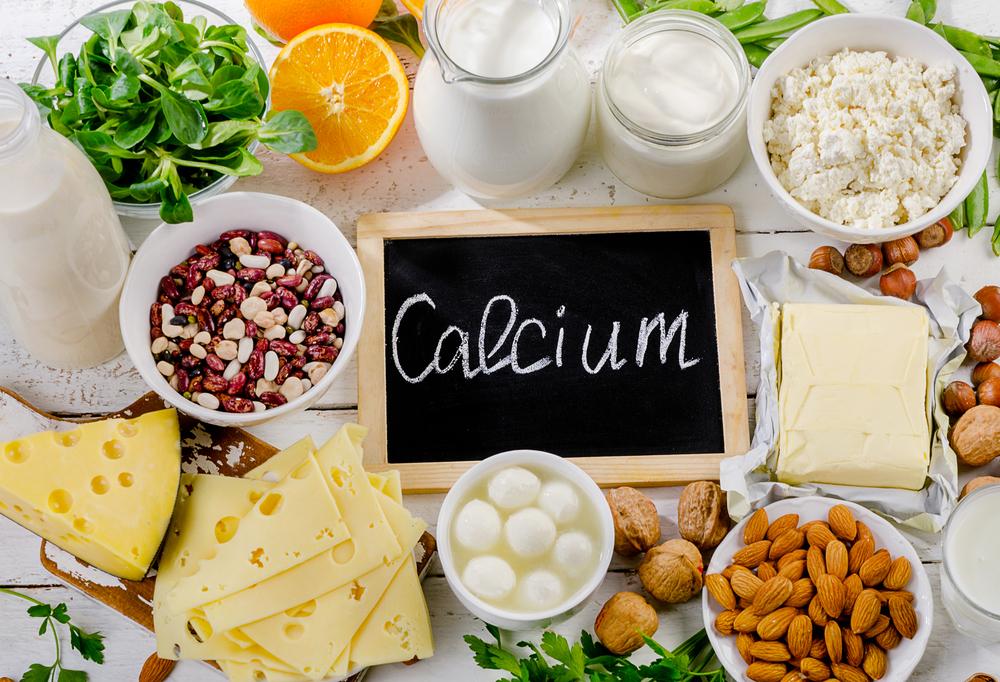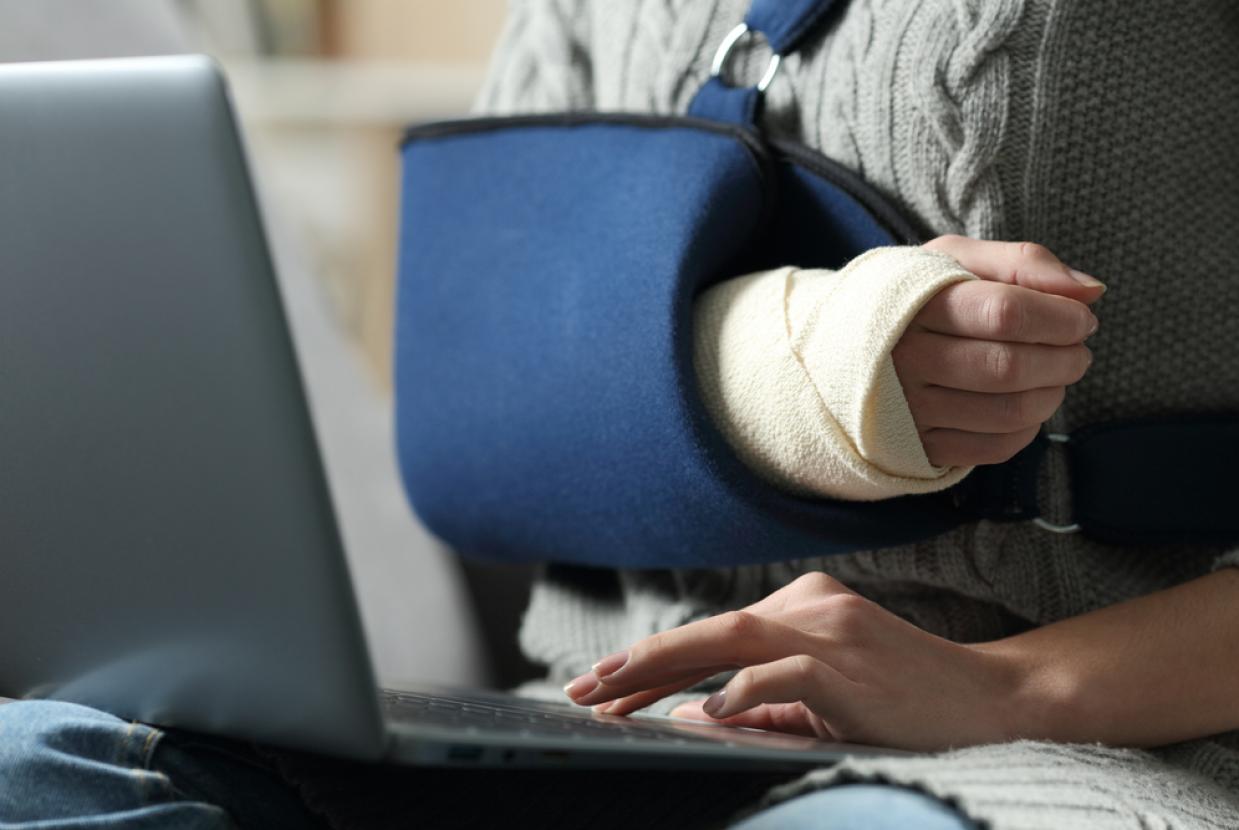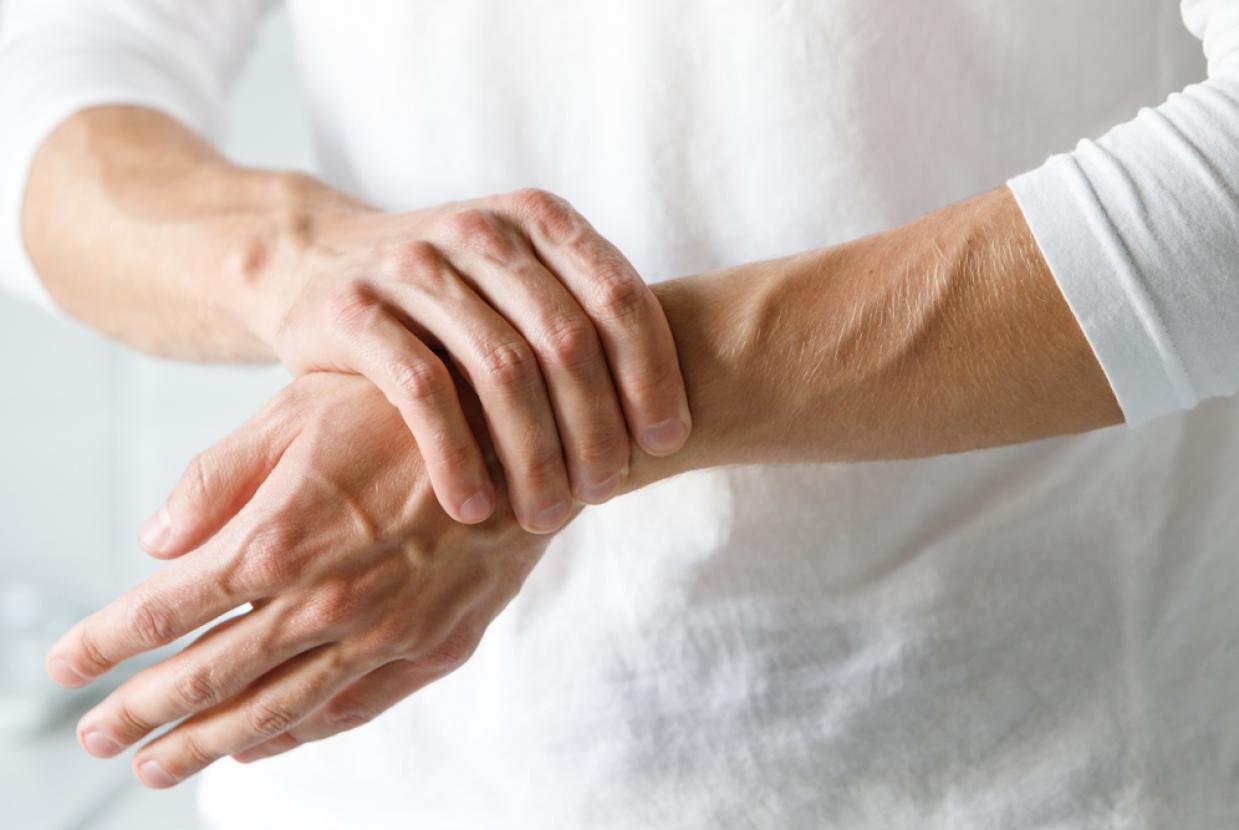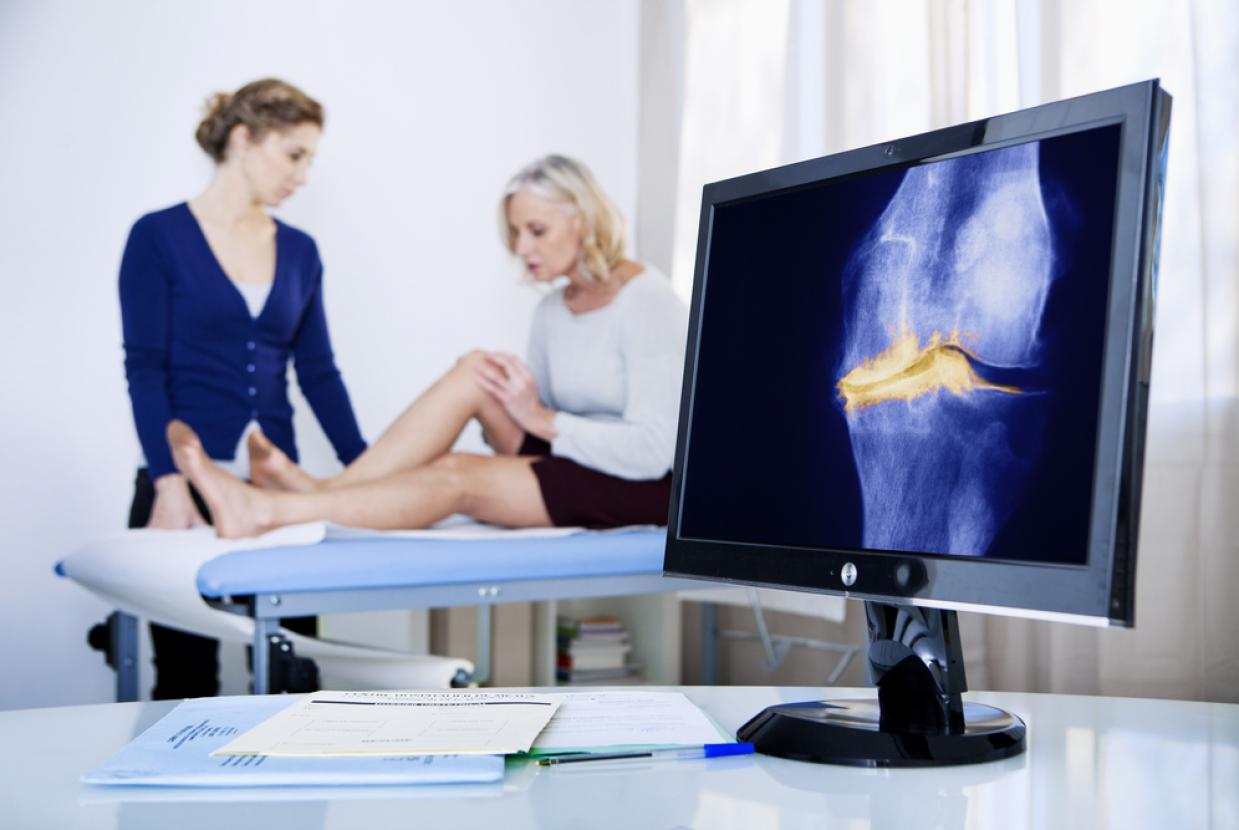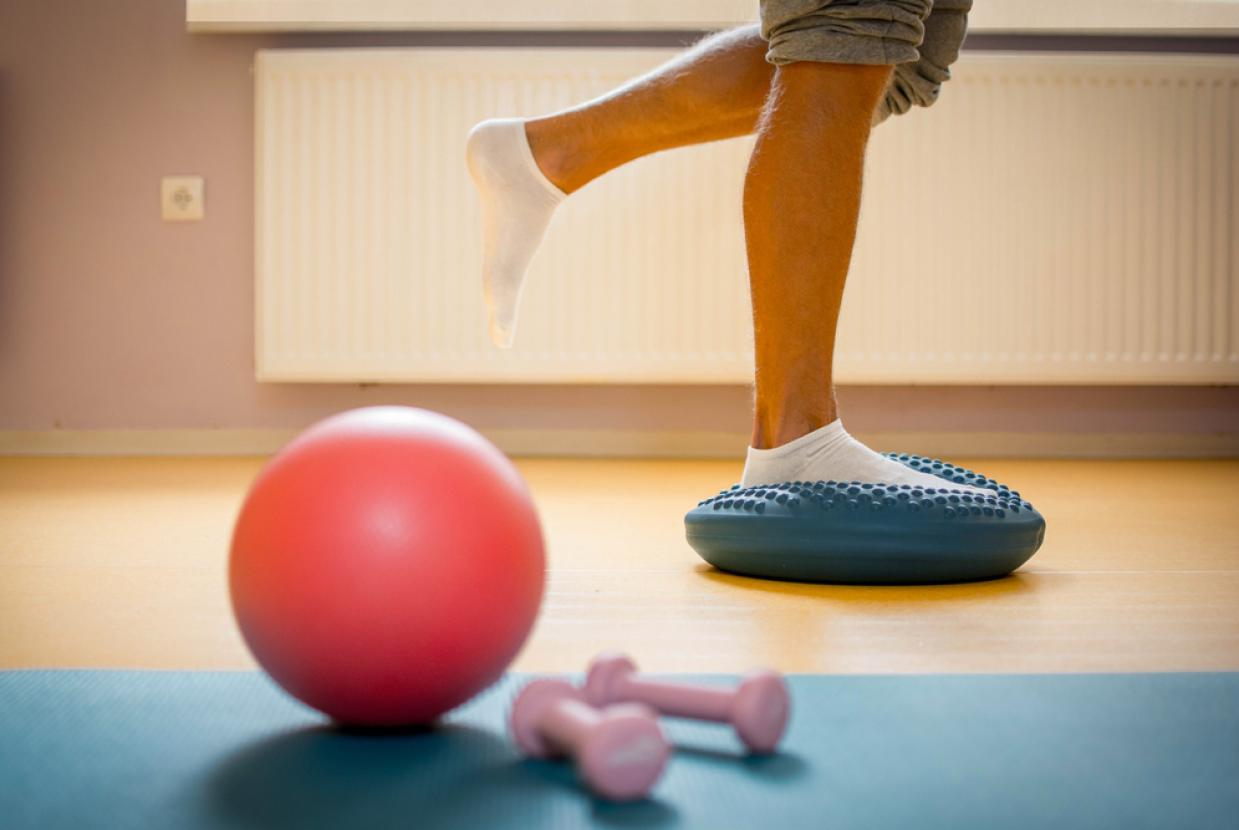Osteoporosis Therapy
Treating osteoporosis involves treating and preventing fractures, and using medicines to strengthen bones. Although a diagnosis of osteoporosis is based on the results of your bone density scan, the decision about what treatment you need, if any, is based on a number of other factors including your:
- age
- sex
- risk of breaking a bone
- previous injury history
If you've been diagnosed with osteoporosis because you've had a broken bone, you should still receive treatment to try to reduce your risk of further broken bones.
You may not need or want to take medicine to treat osteoporosis. However, make sure you're getting enough calcium and vitamin D. To achieve this, your healthcare team will ask you about your diet and may recommend that you make changes or take supplements.
Medicines for osteoporosis
A number of different medicines are used to treat osteoporosis (and sometimes osteopenia).
Bisphosphonates
Bisphosphonates slow the rate that bone is broken down in your body. This maintains bone density and reduces your risk of a broken bone. They're given as a tablet, a liquid that you swallow, or an injection.
Selective oestrogen receptor modulators (SERMs)
SERMs are medicines that have a similar effect on bone as the hormone oestrogen. They help to maintain bone density and reduce the risk of fracture, particularly of the spine.
Parathyroid hormone
Parathyroid hormone is produced naturally in the body. It regulates the amount of calcium in bone. Parathyroid hormone treatments (such as teriparatide) are used to stimulate cells that create new bone. You take them as an injection once a day.
Biological medicines
Biological medicines are made from proteins or other substances produced by the body. Biological medicines that can be used to treat osteoporosis include denosumab and romosozumab. They may be recommended if you cannot take other medicines such as bisphosphonates, or if you have severe osteoporosis.
Calcium and vitamin D supplements
Calcium is the main mineral found in bone, and having enough calcium as part of a healthy, balanced diet is important for maintaining healthy bones.
For most healthy adults, the recommended amount of calcium is 700 milligrams (mg) of calcium a day, which most people should be able to get from a varied diet that contains good sources of calcium.
However, if you have osteoporosis, you may need more calcium, usually as supplements. Ask your GP for advice about taking calcium supplements.
Vitamin D helps the body absorb calcium. All adults should have 10 micrograms of vitamin D a day. From about late March or early April to the end of September, most people should be able to get all the vitamin D they need from sunlight on their skin.
But since it's difficult to get enough vitamin D from food alone, everyone (including pregnant and breastfeeding women) should consider taking a daily supplement containing 10 micrograms of vitamin D during the autumn and winter.
HRT (hormone replacement therapy)
HRT can be taken by women who are going through the menopause, to help control symptoms.
HRT has also been shown to keep bones strong and reduce the risk of getting osteoporosis. If you already have osteoporosis it can strengthen your bones and reduce your risk of breaking a bone.




